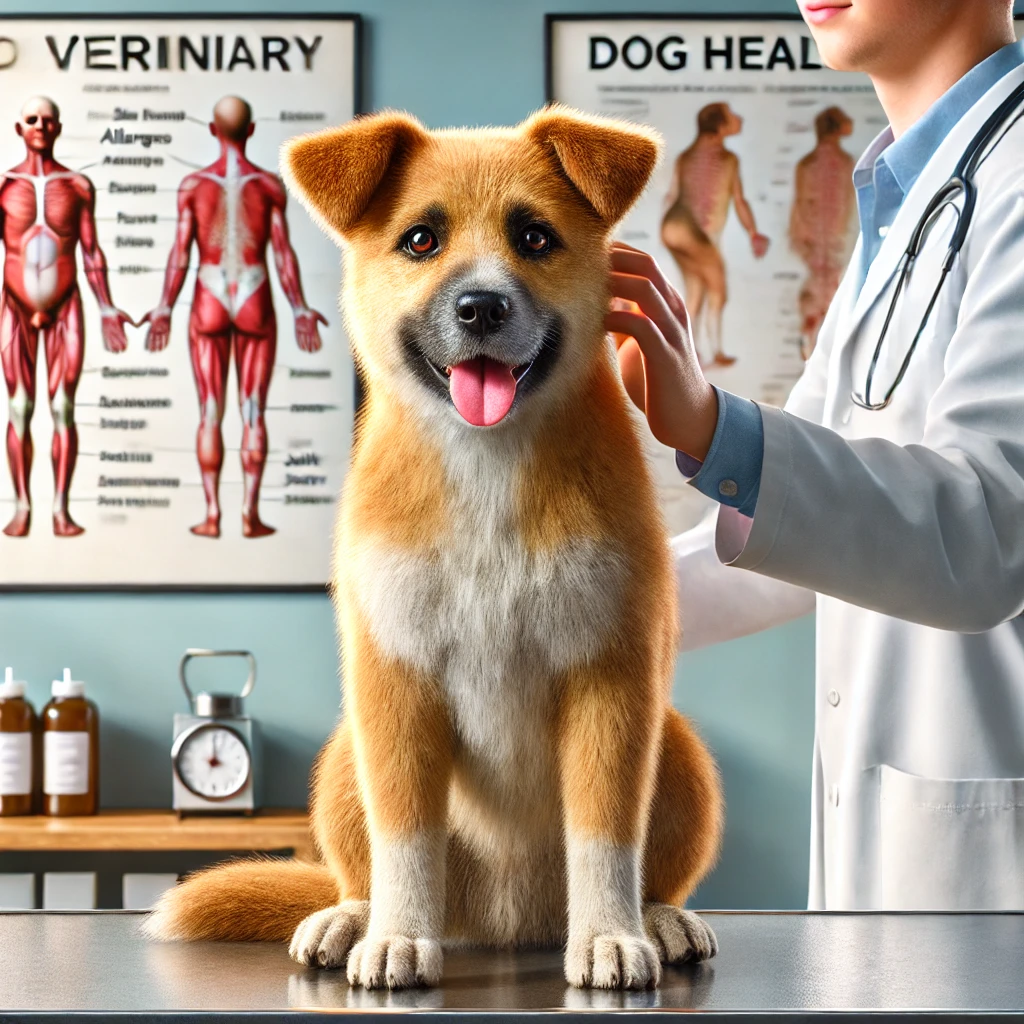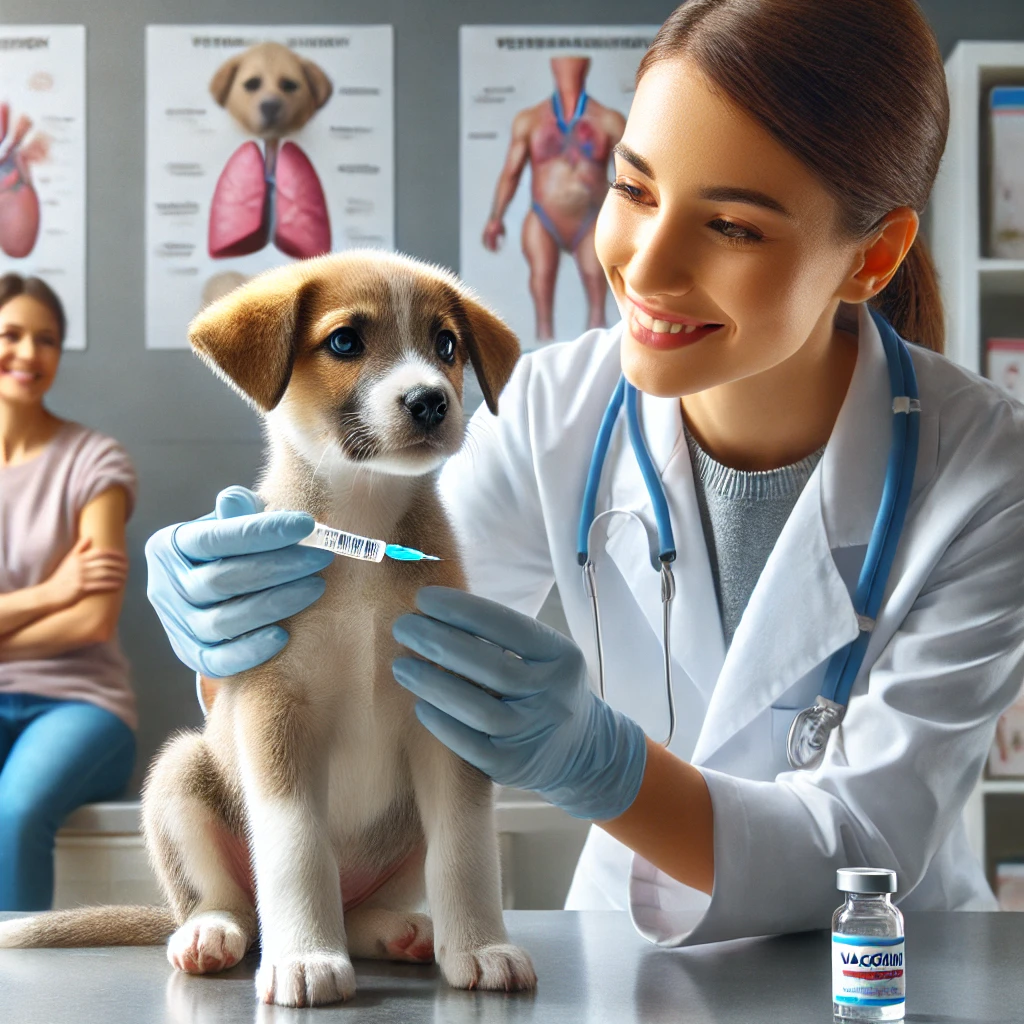It is very exciting to have a dog, yet you must keep your dog healthy because you are responsible. By knowing the most common health problems affecting dogs, you can prevent and treat these conditions sooner, thereby improving your dog’s quality of life. In this article we talk about the 10 most common dog health problems and some tips to prevent them.
Table of Contents
1. Dog Obesity: A Brief Overview
Dog obesity is a real concern! Extra pounds can lead to heart disease, diabetes, and painful joints. Overweight and obese dogs live shorter lives and have decreased quality of life.
Prevention:
- Balanced Diet: Provide a balanced diet suitable for your dog’s breed, age, and level of activity. Let them eat high-calorie treats and table scraps
- Daily Exercise: a short daily walk or run or play fetch
- Weight Check: Weigh your dog every month or every couple of weeks, and have classes to make sure Tabby remains near that ideal weight
2. About Dental Disease
Dental disease is a very common health problem in dogs, resulting in bad breath, gum swelling, and oral cavity. At worst, it would be painful and may lead to infections that can spread to other organs.
Prevention:
- Frequent Brushing: Use a dog-specific toothbrush and toothpaste to brush your dog’s teeth on a daily basis
- Dental Chews: Offer dental chews to assist in cleaning their teeth and plaque removal
- Routine Vet Visits: Make sure you have dental checks and teeth cleanings done at your vet regularly
3. Parasites (Fleas, Ticks, and Worms) Summary
Fleas, ticks, and worms irritate your pet and spread disease. They can cause skin infections, digestive issues, and even more severe diseases such as Lyme disease.
Prevention:
- Flea & Tick Preventatives: Regular use of flea and tick preventatives as instructed by your vet, especially in warmer months
- Deworming: Continue deworming as directed by your veterinarian
- Keep Area Clean: Wash your dog’s bed throughout the service as well as vacuum your house to assist hinder parasite infestations
4. Arthritis and Joint Problems
Arthritis and joint problems are common, especially as your dog gets older, or if they are a larger breed, leading to stiffness, pain, and mobility issues. This will leave the impacted individual dormant and lower their quality of life.
Prevention:
- Maintain Healthy Weight: Being overweight adds pressure to the joints, hence ideal weight can prevent arthritis
- Joint Supplements: A glucosamine and chondroitin supplement can help maintain joint health, which is particularly important for senior dogs
- Limited Exercise: Do not overdo it with running or jumping as this can wear on their joints. This is especially important in puppies and big large breeds
5. Skin Allergies / Dermatitis Review
Skin allergies caused by food, environment, or parasites will cause itchiness, redness, and/or hair loss. Scratching sounds harmless but in the realm of EoE, chronic scratching can trigger an infection and build up some unique skin conditions.
Prevention:
- Regular Grooming: regular brushing and bathing help to keep the coat clean and reduce allergens
- Apply Hypo-allergic Shampoo: For sensitive/allergy-prone dogs, sticking to hypo-allergic shampoos with no or low harsh chemicals is best which also causes low irritation on skin
- Holistic Diet: Leave your dog only high-quality food without any worn cores, wheat or corn type (potential allergens)
6. Common Ear Water Scald
Ear infections are common, particularly in floppy-eared breeds or dogs that swim a lot. Signs such as itching, foul smell, and rocking of the head.
Preventive:
- Regular Cleaning: Use veterinarian-approved solutions to regularly clean the inside of your dog’s ears to prevent their buildup
- Dry Ears After Swimming: Make sure to dry your dog’s ears completely after baths or swims to avoid moisture accumulation
- Do not Use Irritants: During the bath avoid getting water, shampoo, or other things in the ears
7. Understanding Gastrointestinal Issues
Gastrointestinal problems in dogs can present themselves as vomiting, diarrhea, or constipation. Possible causes are dietary indiscretion, food intolerance, and infections.
Prevention Measures:
- Provide a Well-Rounded Diet: Do not allow your dog to eat table scraps or food that can irritate their stomach
- Slow Feeding: If your dog eats too fast, you may consider a slow feeder so that he doesn’t gulp it down, because some breeds can be prone to gastrointestinal issues
- Schedule Regular Vet Check-Ups: Routine visits to the vet can help identify any digestive issues that can lead to flatulence early on
8. Heart Disease
Heart disease, such as congestive heart failure and valve diseases, is prevalent among older dogs. It manifests through coughing, lethargy, and labored breathing.
Prevention:
- Healthy Diet: For heart disease the ideal is offering a heart-healthy diet with important nutrients and low in salt
- Exercise: Regular moderate exercise helps to maintain a healthy heart for your dog
- Routine check-ups: Regular check-ups at the vet may catch early signs of heart disease before it worsens and requires treatment
9. What is Diabetes
When the pancreas is producing an insulin that cannot maintain blood sugar in dogs, it is called diabetes. Common symptoms include excessive thirst, frequent urination, and weight loss.
Prevention:
- Control Weight: Weigh your pooch to see if your canine is overweight or not as overweight dogs do have an elevated risk of diabetes and a healthy weight is critical
- Healthy Diet: Provide your dog with a diet relatively low in simple carbohydrates to stabilize blood sugar
- Watch the Symptoms: If you see any symptoms of diabetes, like excessive thirst and urination, take them to the vet
10. Kidney Disease
This is common in older dogs, and if left untreated, will show extreme signs of lethargy, loss of appetite, and vomit. Early detection is essential to live a healthy life and extend lifespan.
Prevention:
- Water: Always give your dog access to fresh water to support kidney function
- Low-phosphorus Diet: Diets low in phosphorus may reduce the risk of kidney disease
- Regular Health Screening: A blood test that can detect early signs of kidney disease may also help in providing early treatment
Knowing about these common health issues and how to prevent them can significantly lower the odds of your best friend having a serious health concern or condition. All your furry friend needs to be healthy and content is a good and balanced routine involving regular check-ups from the vet, a decent supply of healthy food, and proper grooming and hygiene followed by you! Early intervention and prevention are the best way to ensure your pet has the highest quality of life possible.




